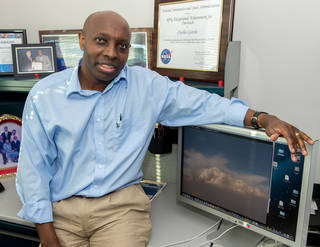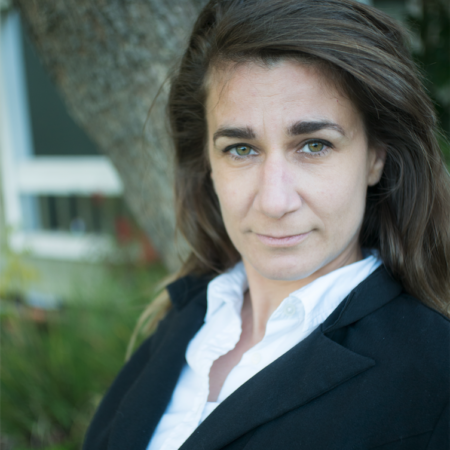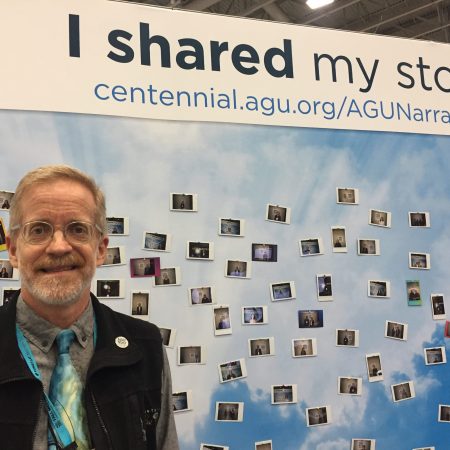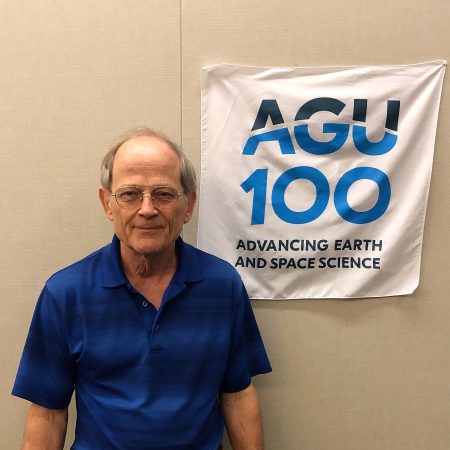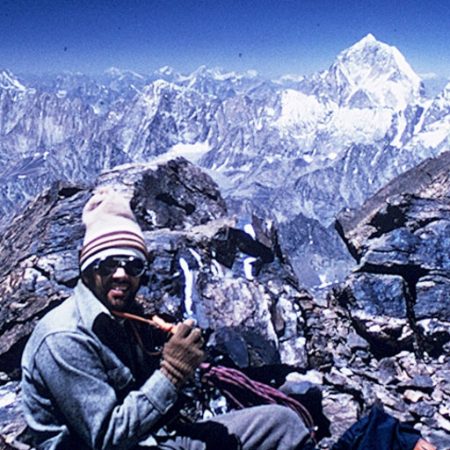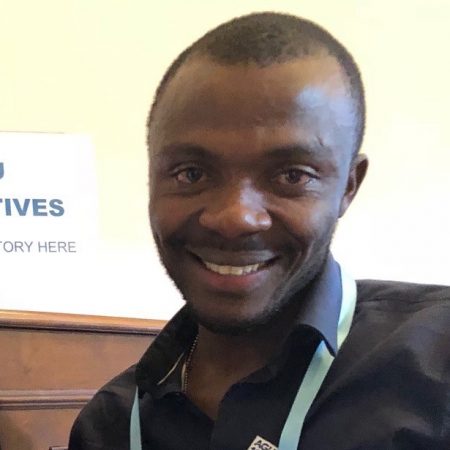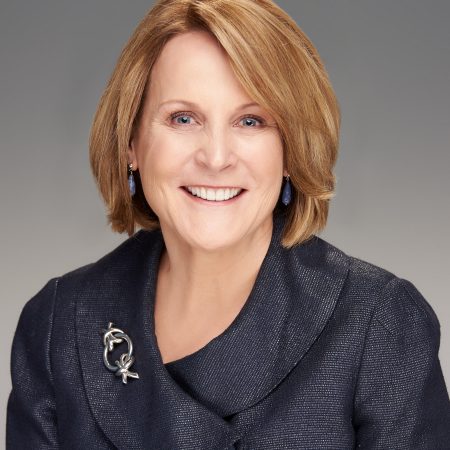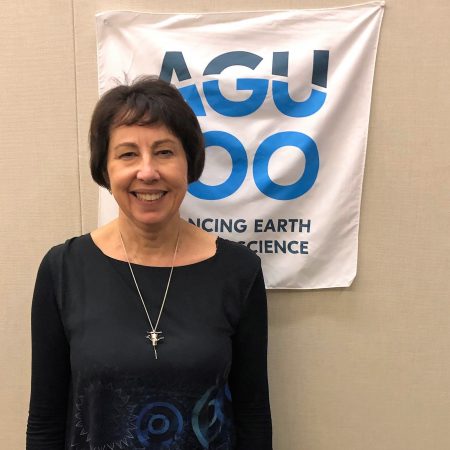Refine
Date Range Clear
Recorded by Clear
Keywords Clear
Partnerships Clear
- No matching terms.
Organizations Clear
- American Geophysical Union 10
- BAERI 10
- NASA Ames 8
- Bay Area Environmental Research Institute 3
- NASA 3
- 11 more
Places Clear
Languages Clear
Initiatives Clear
Steve Montzka has been at NOAA for 28 years, working on atmospheric science, atmosphere chemistry, and trace gases in the atmosphere. He started there as a post-doc, drawn by the work he saw NOAA scientists doing on the hole in...
Aaron Piña is the National Program Lead for Atmospheric Sciences and Fire Weather Research at the United States Forest Service where he runs a research program that helps transition knowledge into the hands of decision makers around the world. Initially...
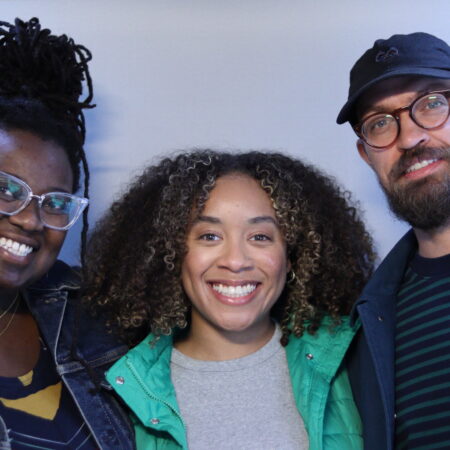
Friends Alexis Creamer (27), Chelsey Carter (33), and Brett Maricque (35) talk about their work on the Black Genome Project. They reflect on the importance of grounding science in community, creating avenues for Black folks to heal, and more deeply...
Alicia Hoffman is a graduate student at the University of Wisconsin - Madison. She is studying air quality and how to model the chemistry that impacts our air, using the Community Multi-scale Air Quality Model — developed by the Environmental...
Stephanie Marie Ortiz Rosario is an undergraduate student and Physics major from the University of Puerto Rico-Mayagüez. Over the summer, Stephanie will be participating at SaSa, the Student Airborne Science Activation, summer program. SaSa is hosting 25 early-career undergraduates (first-...
David Moore is a first-year graduate student at UCLA. He is studying tropical cyclones, also known as typhoons or hurricanes, on Earth. In his graduate research work, David is researching how to bridge the gap between planetary atmospheres and meteorology...
Kennedi White is one of 25 students starting in the new Student Airborne Science Activation (SaSa) program at the NASA Ames Research Center. Students at SaSa are undergraduates from minority-serving institutions, competitively selected across the United States. Over the course...
Dr. Laura Iraci is a research scientist in the Earth Sciences Division at NASA Ames, where she leads a group focusing on air and where human pollution goes. In this interview, we discuss her early interest in high school chemistry...
NASA Atmospheric Scientist Dr. Caroline Dang analyzes particles in the atmosphere and compares them with particles collected from flight observations to better understand aerosols in Earth's atmosphere and how they interact with clouds and radiation.
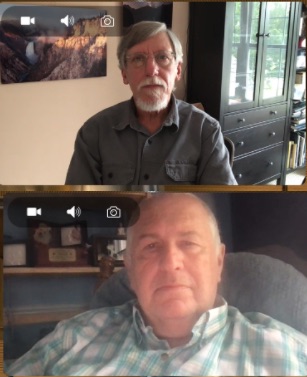
Ray Villard [no age given] and Zoltan "Zolt" Levay (68) share a conversation reflecting on their work at the Space Telescope Science Institute.
Dr. Diana Gentry, a research scientist at NASA Ames Research Center, studies aerobiology (microbes in clouds), biodiversity, biomaterials, and biological systems. Diana describes herself as at the nexus of both science and engineering where she speaks both languages and translates...
Dr. Matthew Johnson's research is in atmospheric chemistry, a branch of atmospheric science, which looks at the composition and chemistry of Earth's atmosphere, such as aerosols and trace gas emissions, and how particles may impact human health. Dr. Johnson's research...
Dr. Charles Gatebe's research focus is on clouds aerosols, ecosystem structure and function, albedo, and feedbacks to climate. In this interview, we chat about his science journey pursuing science, starting with his interest in studying Kenya’s air pollution, and how...
In this interview, Dr. Meloe S. Kacenelenbogen discusses her expertise in ‘aerosols,’ suspended particles in the atmosphere. These small particulates can affect air quality and human health and can also impact the Earth’s radiation balance. We also discuss why she...
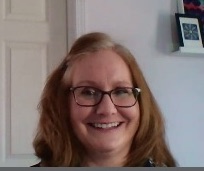
Linda Detterman (53) and her colleague Lynette Hoelter (48) talk about their work at the Inter-university Consortium for Political and Social Research (ICPSR).
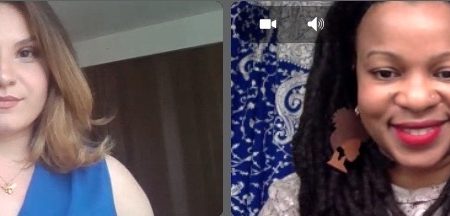
Bianca Monzon (29) and her friend and colleague Ambyr Amen-Ra (38) talk about their work at Inter-university Consortium for Political and Social Research (ICPSR).
Steve Montzka has been at NOAA for 28 years, working on atmospheric science, atmosphere chemistry, and trace gases in the atmosphere. He started there as a post-doc, drawn by the work he saw NOAA scientists doing on the hole in...
Bruce Wielicki, a NASA Langley climate scientist, discusses his collaboration with economists to help non-scientists understand how climate change will hit them in the wallet, and how they could reduce that risk with modest investments in improved climate science. He...
Distinguished Professor of Environmental Science & Management at UC Santa Barbara speaks with Ph.D. candidate in the Hydrogeology program at the University of Nevada, Reno.
By his own count, Chuck McClain has had six mentors in his career. His first may have been a teacher in Kansas City who took him to his first physics demonstration. Since 1978, he’s worked at NASA Goddard Space Flight,...
We won’t say how long Susan Lozier has been shaping young minds at Duke University (she may let it slip), but she talks about amazing changes that have happened during her tenure. She grew up wondering how rivers get polluted,...
Atanas Dommo shares his experiences as a Ph.D. student from Cameroon Africa. He discusses how his desire to learn more inspired him to pursue a career in the sciences. His speaks of his passion and motivation for understanding our changing...
In begin in 1979, when Margaret Kivelson, UCLA, was part one of three women presenting a talk in which Fran Bagenal, University of Colorado Boulder, was sitting in the audience. They have been space scientists and collaborators for many years...
Alice Hill talks about her work at Stanford University's Hoover Institute on mitigating risk from natural hazards. She discusses her work in the Obama Administration running climate change programs for the Department of Homeland Security. She also worked at the...
Just a few short months ago, Nicola Fox took over as Director of NASA’s Heliophysics Lab. She’d been prepping for the role a lifetime, however, recounting how she started her scientific career when she was eight months old, thanks to...
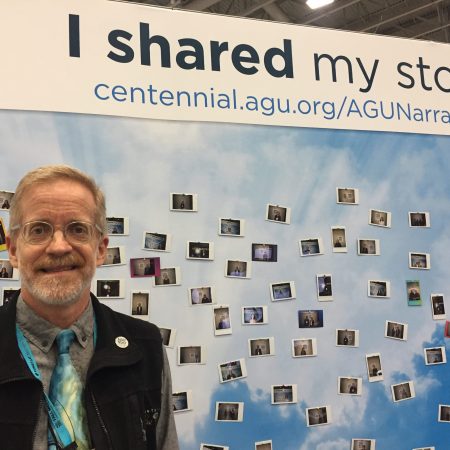
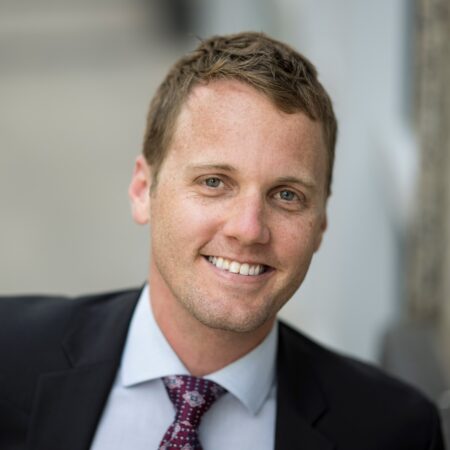
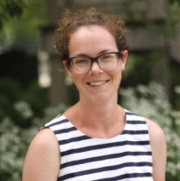
!["When I was a child I always loved nature -- I [knew] I wanted to become a scientist." A conversation with Stephanie Marie Ortiz Rosario.](https://archive.storycorps.org/uploads/2022/06/62abe55c5223e__ortizrosario_stephaniemarie_professionalpicture_-_stephanie_m_ortiz-rosario-450x450.jpg)
![“How far you go [in your science career] depends on how big your curiosity is." A conversation with David Moore.](https://archive.storycorps.org/uploads/2022/06/62a95661e5c99__david-moore-450x450.jpeg)
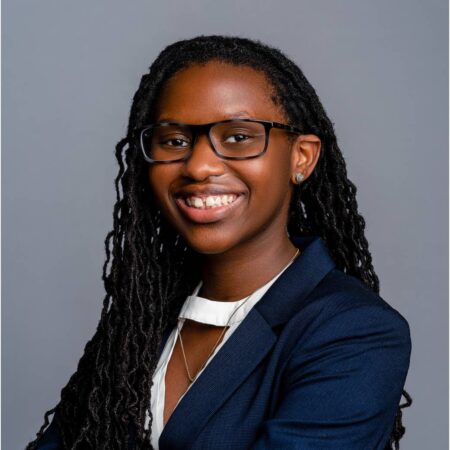
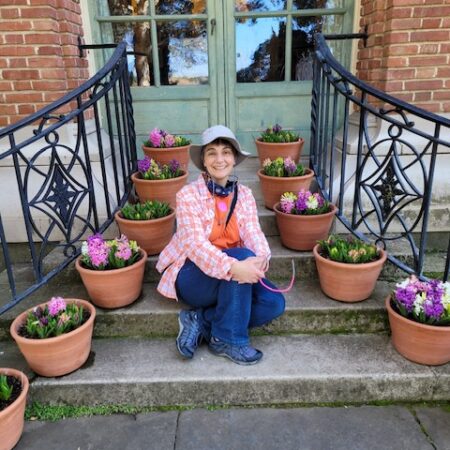
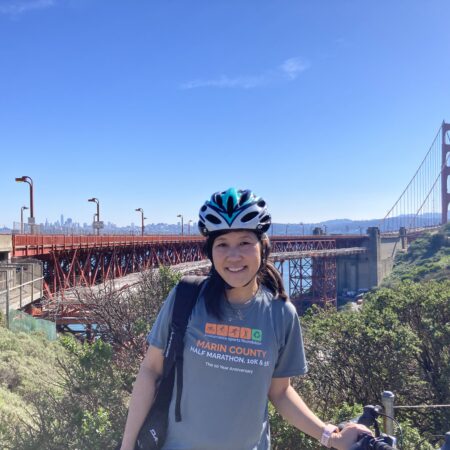

!["If you really enjoy it [science], all the work will be worth it." An interview with Matthew Johnson.](https://archive.storycorps.org/uploads/2021/02/6038002972612__M.Johnson_ceremony_pic_2020.11.11_submit_PROFILE-450x450.jpg)
